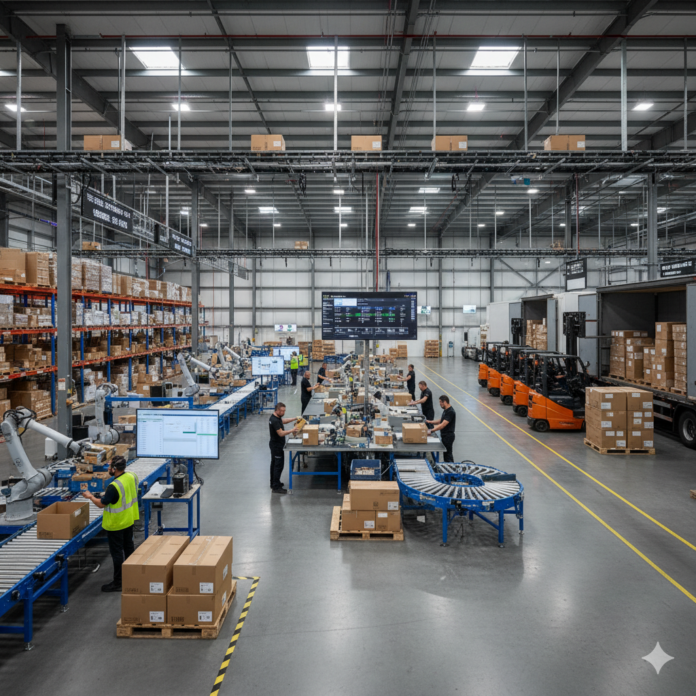Artificial intelligence (AI) is revolutionizing manufacturing processes, particularly in the realm of quality control. By leveraging AI, manufacturers can reduce defects, optimize processes, and ensure consistently high product quality. As global competition intensifies, adopting AI-driven solutions has become a necessity for businesses seeking to stay ahead.
How AI is Transforming Quality Control
- Automated Defect Detection
AI-powered vision systems can quickly identify flaws in products with unmatched precision. These systems learn to recognize defects over time, making them more accurate and reliable than traditional methods. - Predictive Maintenance
AI algorithms can analyze data from manufacturing equipment to predict when maintenance is needed. This proactive approach reduces downtime and prevents quality issues caused by equipment failure. - Data-Driven Insights
By analyzing production data, AI systems can identify patterns and trends, helping manufacturers improve processes and minimize waste. - Enhanced Traceability
AI combined with blockchain technology enables manufacturers to trace products and components through the supply chain, ensuring accountability and compliance with quality standards.
Benefits of AI in Quality Control
- Increased Efficiency: AI can inspect products faster than human inspectors, boosting productivity.
- Cost Reduction: Early detection of defects reduces the need for rework and lowers the risk of recalls.
- Improved Consistency: AI eliminates human error, ensuring uniform quality across production lines.
- Scalability: AI systems can adapt to changing production volumes and complexities with minimal manual intervention.
Challenges of Implementing AI in Manufacturing
While the benefits are clear, implementing AI in manufacturing comes with challenges:
- High Initial Costs: Deploying AI systems requires significant investment in technology and training.
- Data Management: AI relies on large volumes of data, necessitating robust data storage and processing capabilities.
- Integration Complexity: Integrating AI into existing manufacturing systems can be technically challenging and time-consuming.
Real-World Applications
Many industries are already leveraging AI for improved quality control:
- Automotive: Detecting paint defects and ensuring proper assembly.
- Electronics: Inspecting solder joints and microchips for flaws.
- Textiles: Identifying inconsistencies in fabric patterns and weaves.
AI is not just a trend but a transformative force in manufacturing. By embracing AI-powered solutions, businesses can enhance product quality, streamline operations, and remain competitive in a fast-evolving market.



